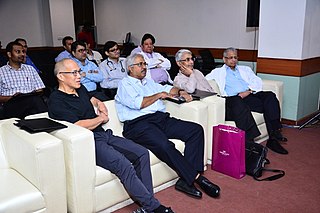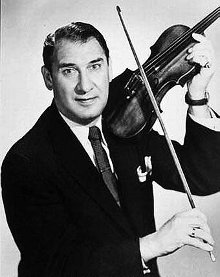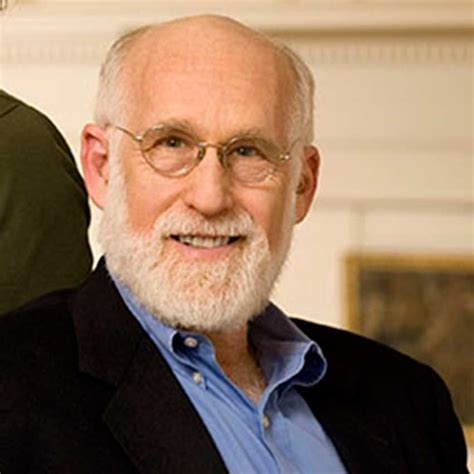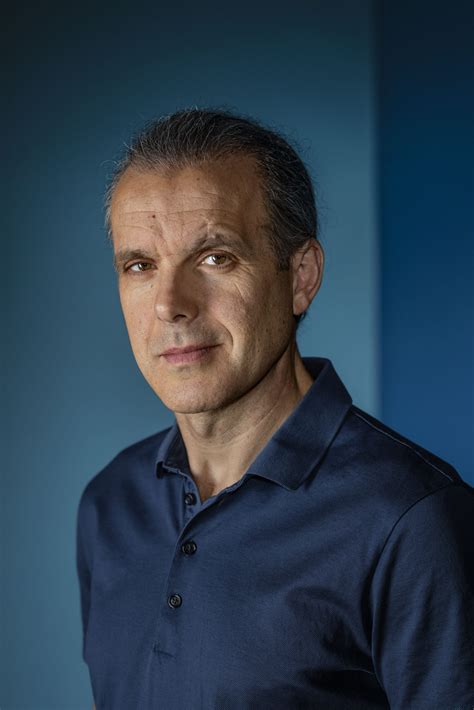A Quote by Publilius Syrus
Related Quotes
The freedom of patient speech is necessary if the doctor is to get clues about the medical enigma before him. If the patient is inhibited, or cut off prematurely, or constrained into one path of discussion, then the doctor may not be told something vital. Observers have noted that, on average, physicians interrupt patients within eighteen seconds of when they begin telling their story.
Macbeth: How does your patient, doctor? Doctor: Not so sick, my lord, as she is troubled with thick-coming fancies that keep her from rest. Macbeth: Cure her of that! Canst thou not minister to a mind diseased, pluck from the memory a rooted sorrow, raze out the written troubles of the brain, and with some sweet oblivious antidote cleanse the stuffed bosom of that perilous stuff which weighs upon her heart. Doctor: Therein the patient must minister to himself.
I was studying the impacts of fishing on ocean life, while the places that I loved so much continued to decline: less and smaller fish, less corals, and more microbes. I found myself writing the obituary of nature with increasing precision. Unsatisfied and frustrated, I felt like a doctor telling the patient how she is going to die, with excruciating detail. If I were that patient, I would have fired myself and looked for a doctor who would look for a solution.





































